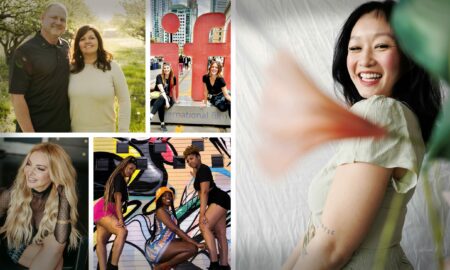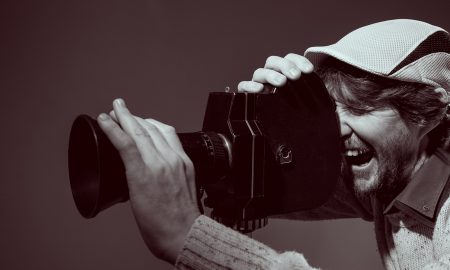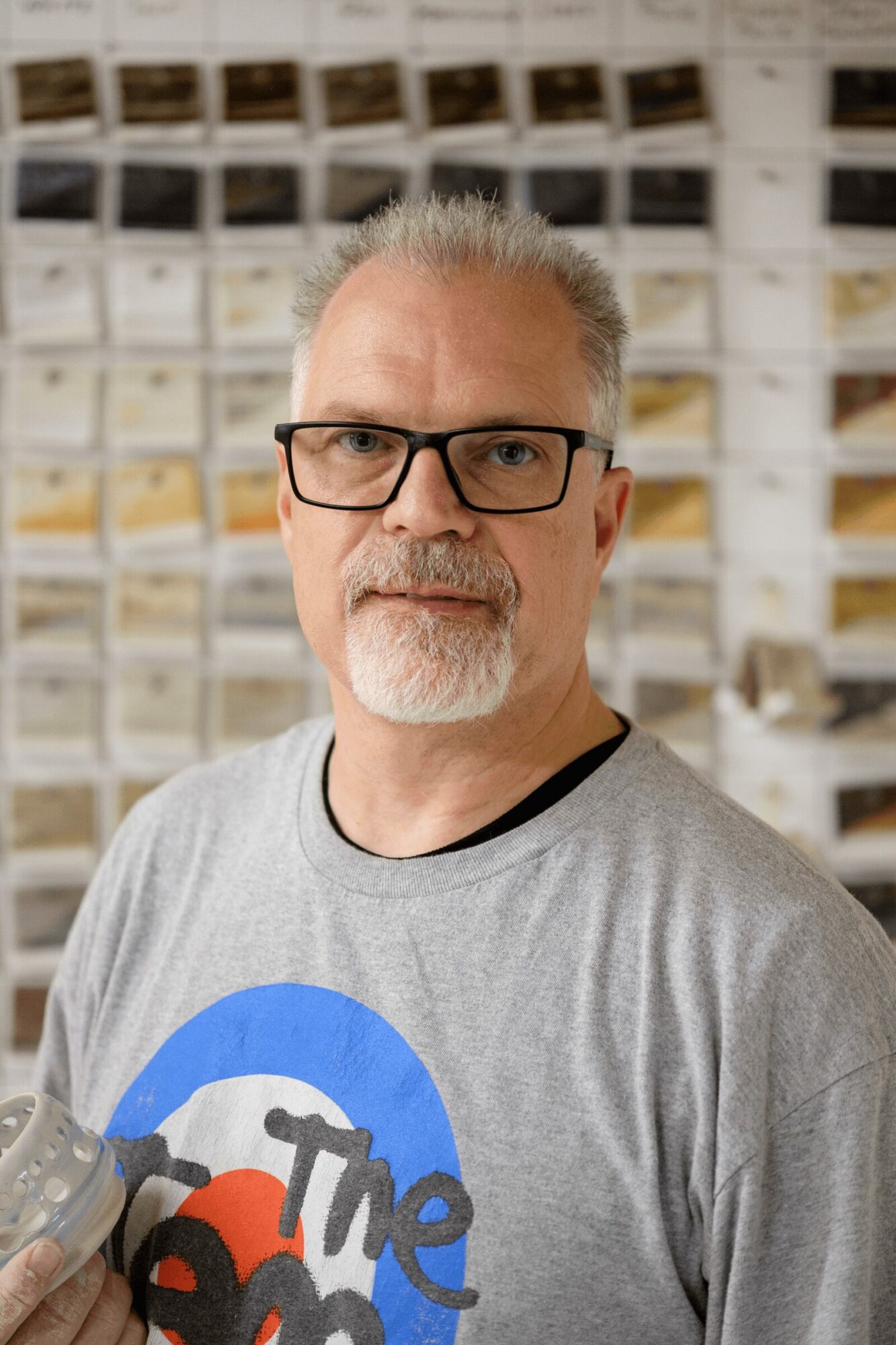 Today we’d like to introduce you to Steven Potter
Today we’d like to introduce you to Steven Potter
Hi Steven, we’d love for you to start by introducing yourself.
I have worked for four decades in the public library environment. I currently have a consulting firm and run a membership consortium that includes more than half the public libraries in Missouri. Before that, I was the director and C.E.O. of one of North America’s 75 most populous libraries. It was challenging to provide excellent service to over 800,000 people. Running a library this size resembles being a city manager or school superintendent. While it is rewarding, and you know you’re making a difference, you are always “on,” and you find yourself constantly tethered to your mobile phone to help people put out fires (mostly figuratively but sometimes literally). While I found my work enriching, and I still enjoy the work I do to help libraries be successful, I found it impossible to be present. I was wearing down, and I started to feel I couldn’t even observe my own life, let alone live it.
Most of my friends could see what was happening to me, and so could I. The problem was to find a way to effectively “unplug” and temporarily separate from work to recharge. I tried things like gardening, exercise, jogging, or walks in nature. I discovered that if I engaged in an activity that did not require mental engagement, my mind would quickly start thinking about work while my body was engaged. What I needed was something to engage my mind. I stumbled into an idea. What if I tried something so challenging that my mind could not wander?
After some trial and error, I discovered that if I leaned into something I had no experience doing, no skill, and no talent, I would have to focus completely. When in school, I usually fulfilled “art” requirements with creative writing or speech classes. But when it comes to drawing, painting, or other fine arts, I learned long ago that I couldn’t even draw a straight line. I shared this hypothesis with a friend, and she agreed with the notion. Taking it a step further, she suggested that I should try pottery or glass blowing. She suggested that both activities require total concentration on the activity at hand. Failure to do so results in a failed project. I thought about it and decided that all this made sense to me but that I’d try pottery. First, failure when one’s mind wanders when working with molten glass sounded too dangerous. Second, people seemed amused that someone named “Potter” would work in a reading profession during the Harry Potter craze. A dude named Potter doing pottery seemed very appropriate and would amuse my friends and family equally.
I took a sample class at 323 Clay in Independence. I couldn’t make anything except a mess! I had no idea what I was doing. But I could tell this was the avocation and diversion I had sought. I was hooked. I signed up for my first set of classes about a month later. My instructor would ask me what I wanted to do during the classes. I knew so little that I couldn’t even answer the question! After some time, I made a goal that if I could make one piece I liked during a four-week class, I’d be happy. Remember, the goal is to unplug and to be present. If that happens, my journey will be successful even if I never pull a cylinder.
Eventually, I could make a coffee mug. Then I started to make small bowls for pets. But more importantly, I feel that I have that activity that allows me to be present, to express myself, and to separate from the chaos and pressure of everyday.
Alright, so let’s dig a little deeper into the story – has it been an easy path overall and if not, what were the challenges you’ve had to overcome?
My path to taking up art later in life has been smooth—much smoother than I anticipated. But I think it is important to understand that my approach helped me considerably. I wanted to find something that would force me to separate from the daily grind and be present. Art, specifically pottery, provided the perfect environment for me.
I see people become frustrated because they are not able to make what they want to make. Clay is very humbling. One of my instructors told me, “For the first year (or more), the clay will tell you what you will make. Sometime after that, you can tell the clay what you want to make.” This is very true. For over a year, every bowl I made started as a mug that failed! I’ve been throwing for almost two years and only now can I go to the studio, say I’m going to throw coffee mug, and do so! Had I approached pottery differently, it may have been frustrating. But even each failure was therapeutic.
Alright, so let’s switch gears a bit and talk business. What should we know about your work?
At this point, I’m mostly excited that I found an activity that allows me to take a step away and reset. But what’s the goal? Malcolm Gladwell says it takes 10,000 to reach expertise. So, considering I started my journey so late in life and how many hours I spend in the studio each week, I’ll reach proficiency when I’m about 122 years old. I don’t think it is about expertise. My journey is about finding a community, expressing myself in a way I didn’t know I could, and learning to take time for myself and my personal well-being.
Pottery may not be what does it for you, but I encourage every young professional I know to find an avocation that has nothing to do with one’s daily pursuits. I only wish I’d stumbled on to this discovery decades ago.
I suppose what surprises me the most about my journey is that other people seem to like my work. One day, my niece asked me if I wanted to put some of my pieces on a table she had at “First Friday” in the Kansas City Crossroad District. I thought it might be fun, and if a few people purchased some of my pieces, it could create more storage space for more pieces. To my surprise, I sold thirteen pieces that first night. I doubt I’ll ever take on commissions or other such work for quite some time. However, if someone sees something they like on my Instagram page, I’m sure I can help.
If we knew you growing up, how would we have described you?
I was a working-class kid. My dad worked at one of the factories in Fairfax, KS. My mom had several side gigs but mostly was a community volunteer (and grade school librarian — probably why I wound up in the library environment). I have a younger sister. I liked listening to music, especially British New Wave and Punk bands. I started working in my mom’s enterprises when I was about ten. I got my first job (paid better than mom) when I was sixteen and continued working until I started my semi-retirement at fifty-seven.
Growing up, I was much too serious and too goal-oriented. Being goal-oriented prevented me from taking chances. I enjoyed school and learning new things, but I often only learned new things if they helped me achieve a goal. Consequently, I was an Eagle Scout. I was good at public speaking, so I competed on the forensics and debate team. The classes I took in school would help me get to college. College would help me fulfill my career goals. But there wasn’t much time to explore the path less traveled. Had I seen this then, I would have made room for art earlier.
Contact Info:
- Website: https://www.mopotters.us
- Instagram: https://www.instagram.com/pottersv/
- Facebook: https://www.facebook.com/svpotter
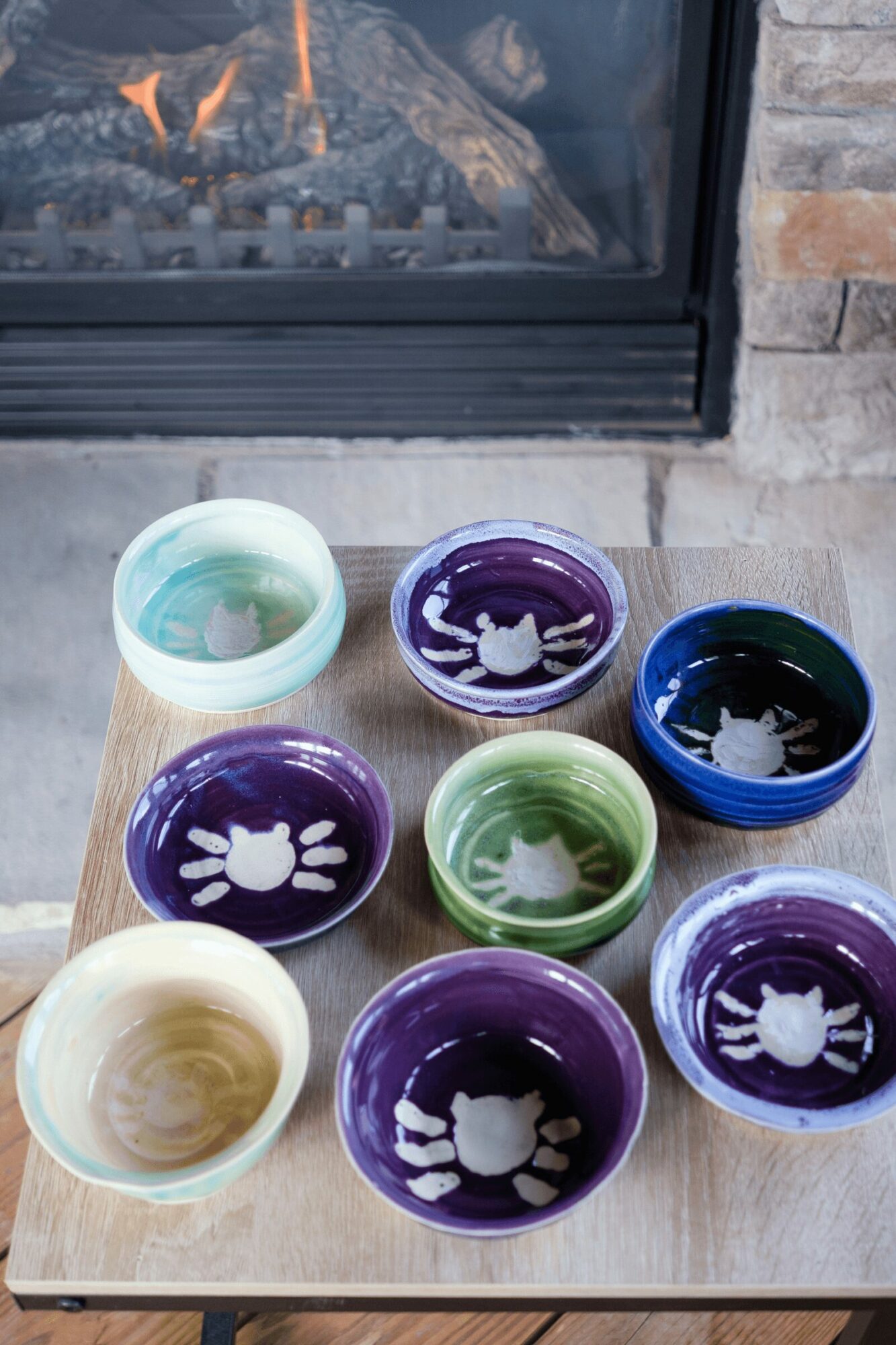
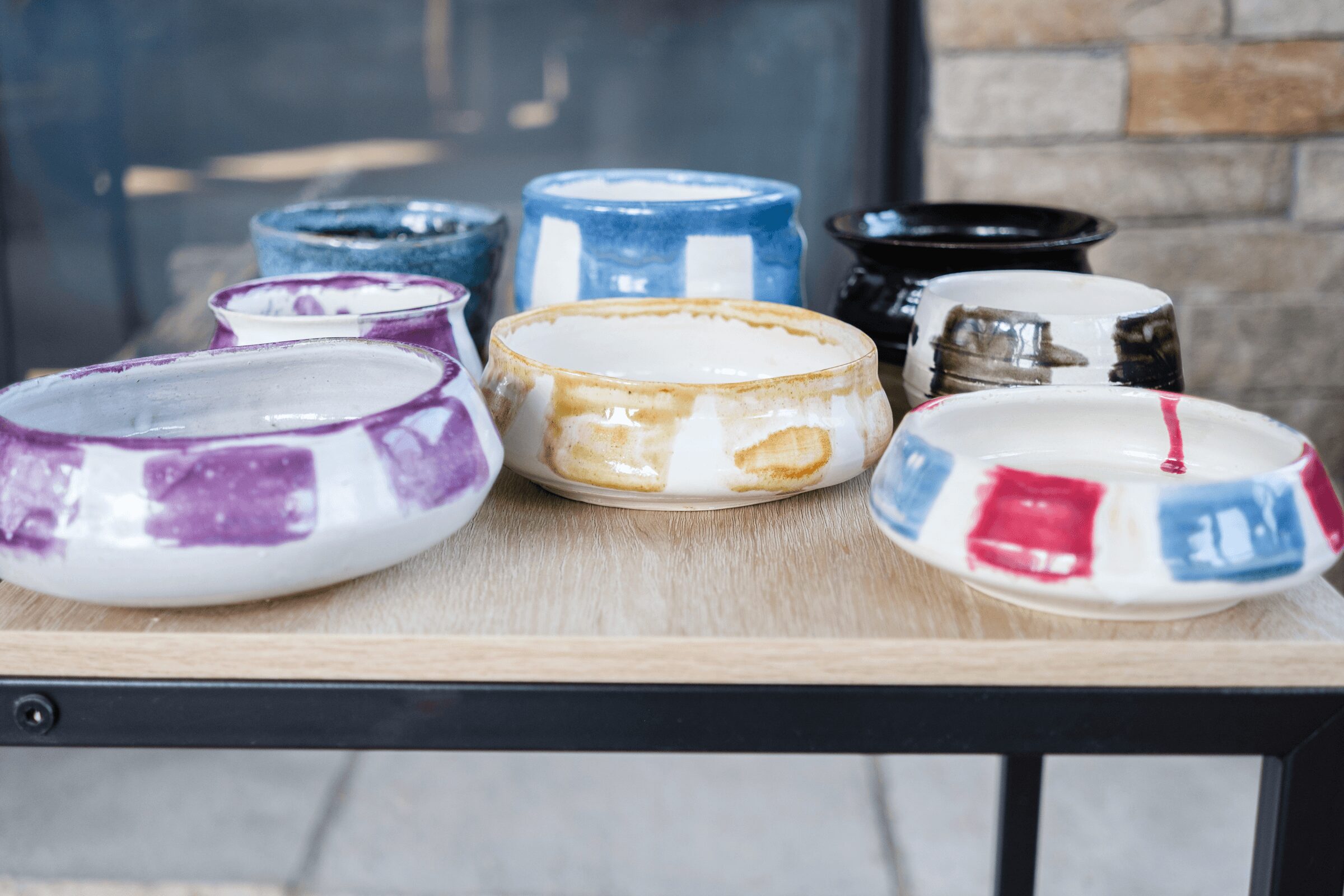
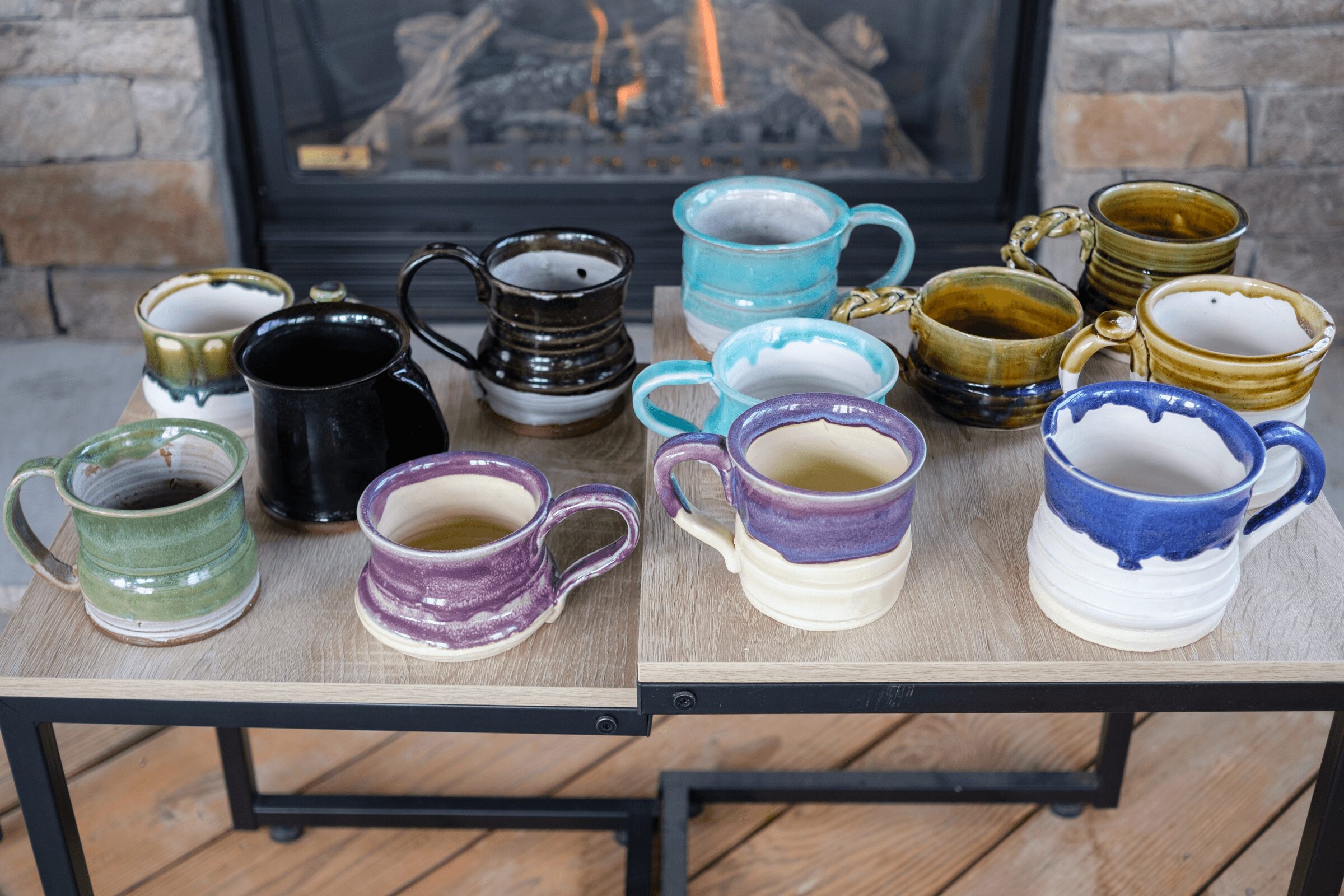
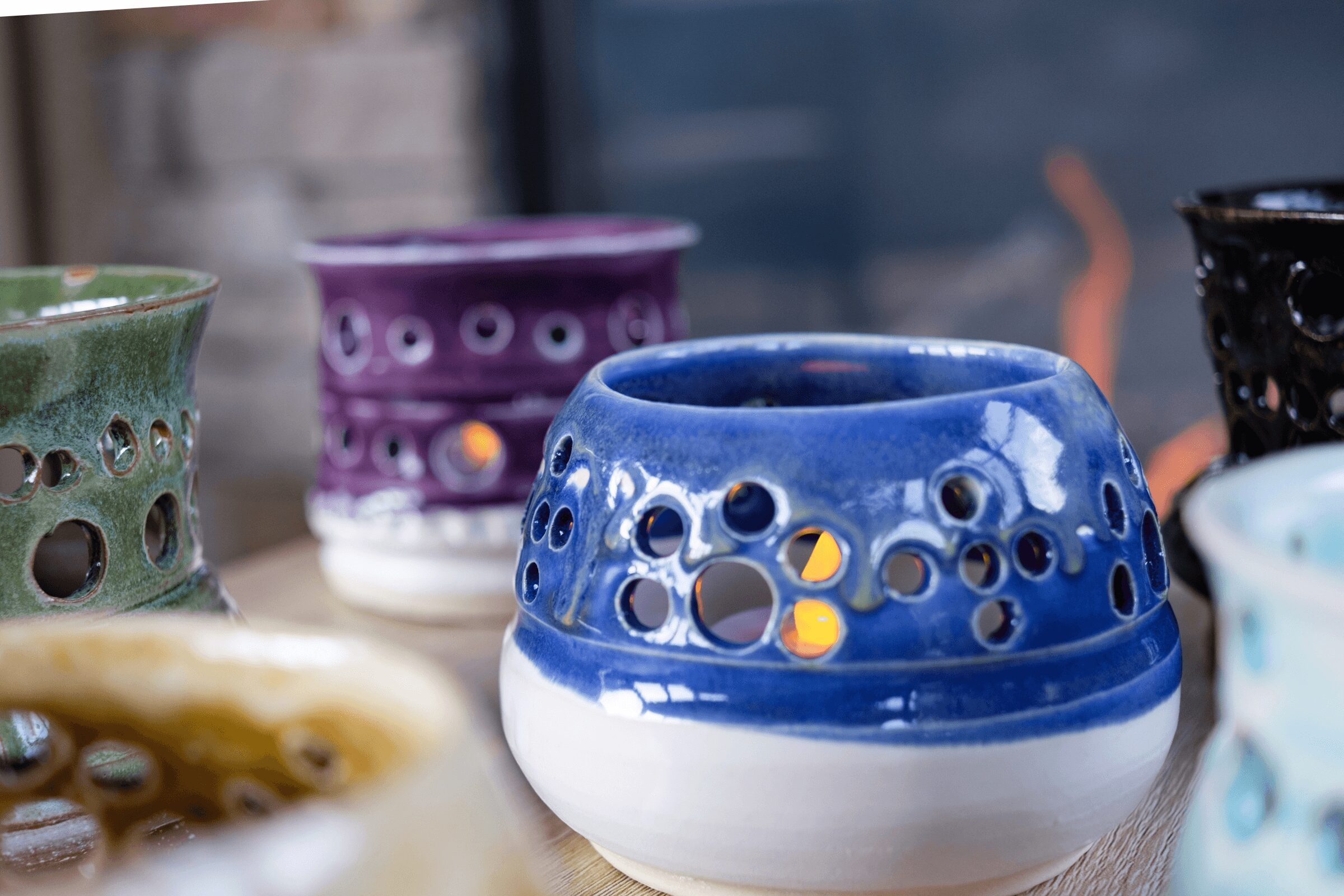
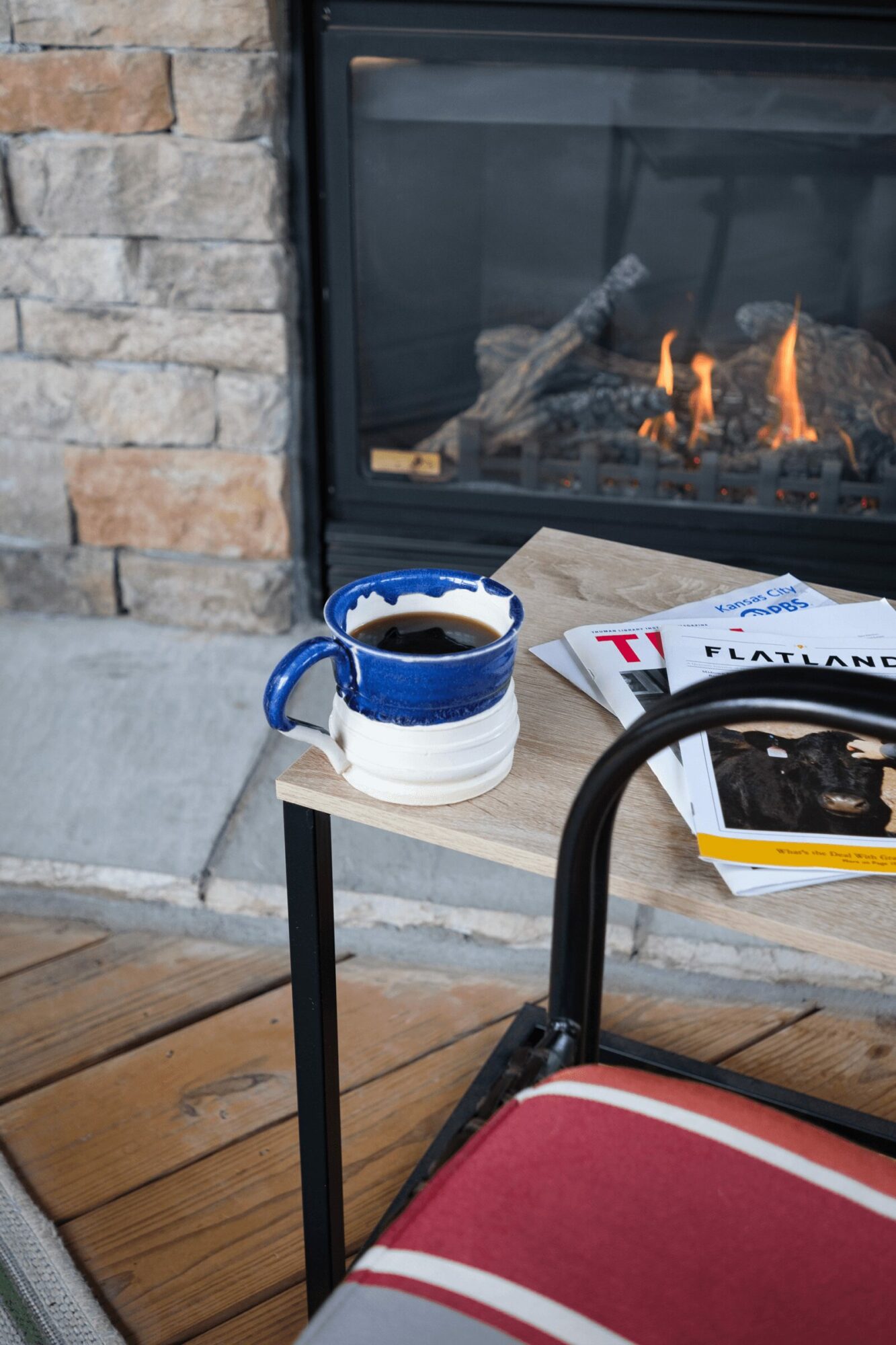
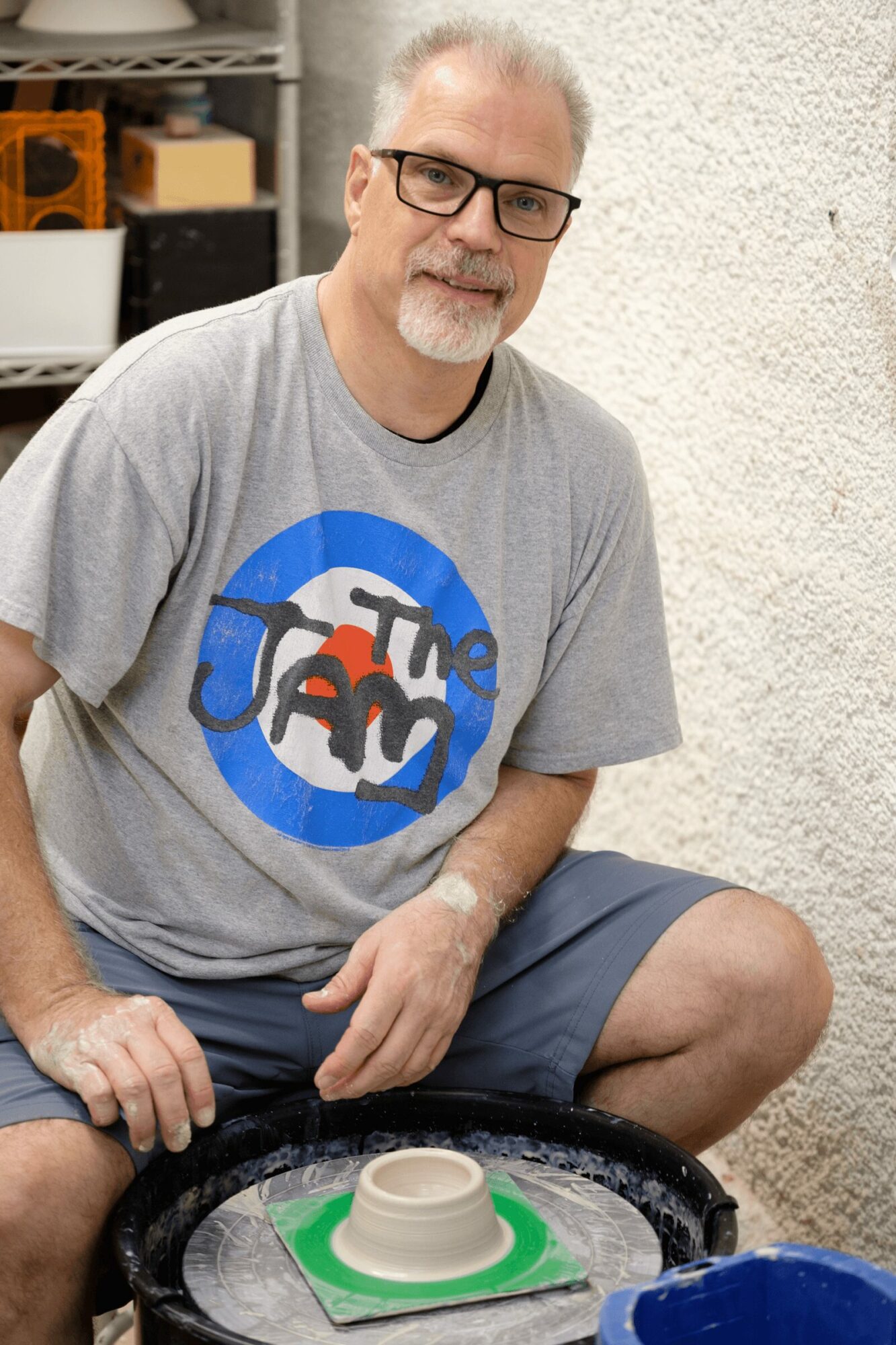
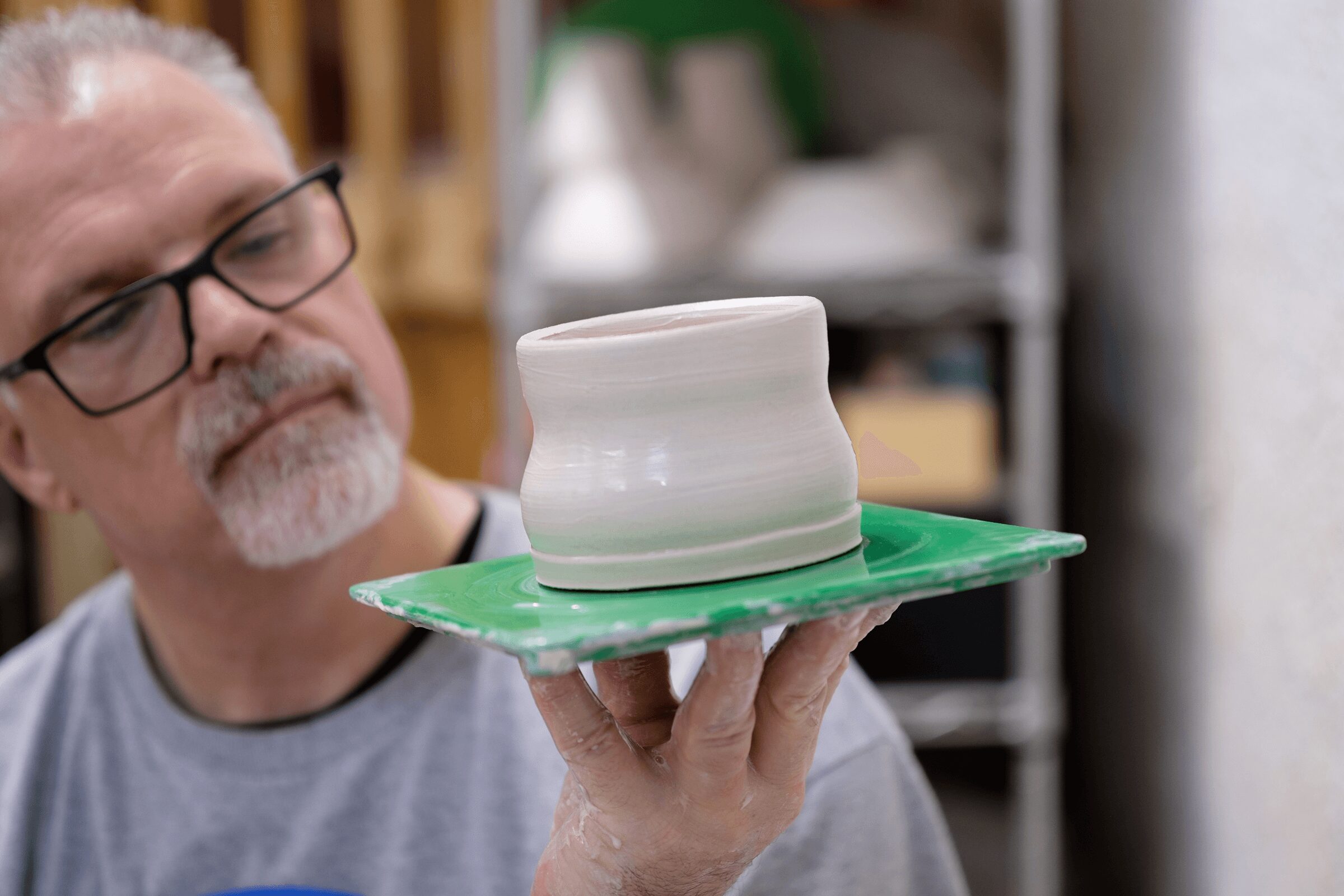
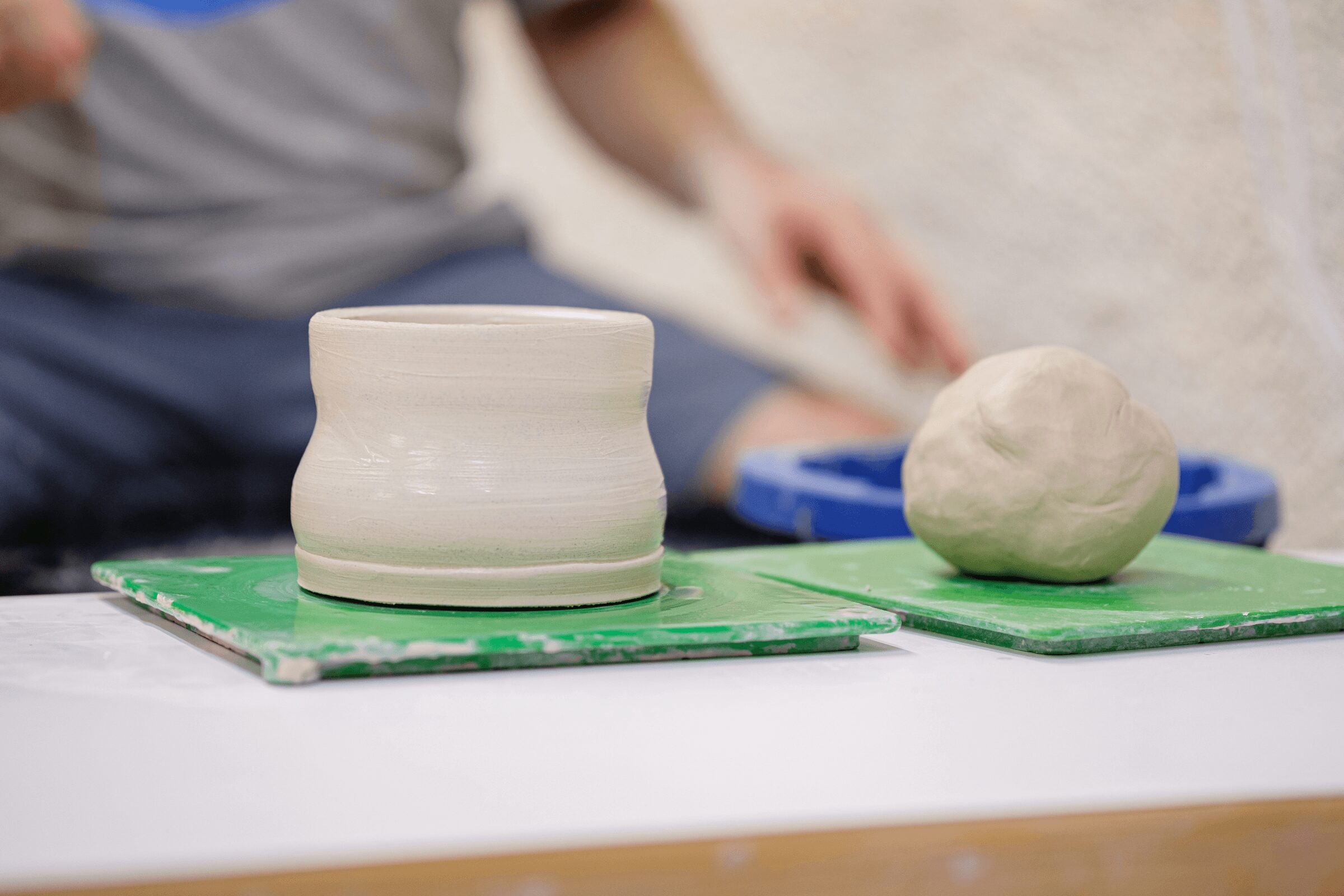
Image Credits
Kael Knight

